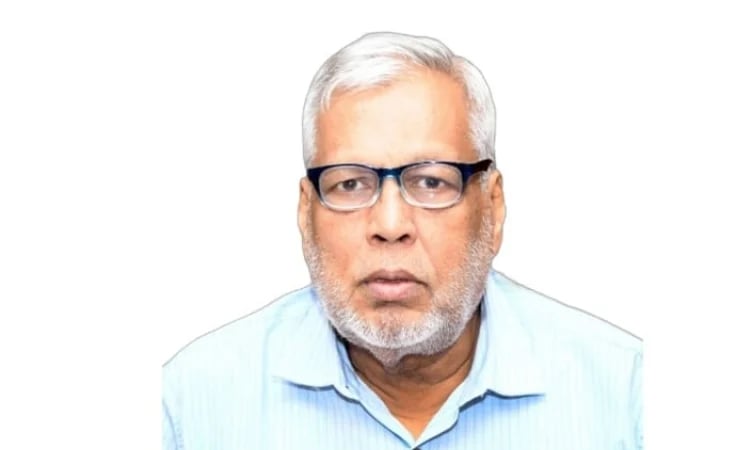News Flash
News Flash

By Syed Shukur Ali Shuvo
DHAKA, Aug 09, 2025 (BSS) – Energy affairs adviser Dr Muhammad Fouzul Kabir Khan has said the interim government put in its continued efforts to ensure smooth power supply in an affordable cost taking a number of new measures and revising some existing systems.
“The government has been trying to keep power supply smooth across the country and keep it at an affordable rate,” the adviser for Power, Energy and Mineral Resources ministry told BSS coinciding with the first anniversary of the July anniversary.
He said since its assumption to power, the incumbent administration took various initiatives to make power and energy production and supply systems cost effective and under one such steps his ministry reviewed contracts with Independent Power Producers (IPPs) to eliminate capacity payment clauses.
The provision previously obligated the government to pay for power generation by private producers for their plant capacity even when no electricity is actually supplied to the national grid.
The adviser said the interim government also scrapped the "Quick Enhancement of Electricity and Energy Supply (Special Provision) Act, 2010," also known as the quick rental act.
“We have taken various initiatives to reduce power generation costs alongside the expenses related to the sector . . . we are now discussing with the power plant operators how they can offer a lower tariff, as there is a big gap between their tariff rates,” he said.
Khan said the country saw no gas exploration initiatives since 2010 since the past government preferred import of gas while the present government emphasized on increasing the country’s own gas exploration capacity while necessary funds were allocated to Bangladesh Petroleum Exploration and Production Company Ltd (BAPEX) for capacity building.
Finance adviser Salehuddin Ahmed, in the national budget, said the interim government planned to reduce the overall power generation cost by 10 percent, which would save more than Tk. 110 billion per year.
The incumbent administration formed two committees to review capacity payments made to IPPs and joint venture power plants.
According to Bangladesh Power Development Board (BPDB), 23 government-owned power plants under entities such as NWPGCL, APSCL, EGCB, RPCL, and BRPL were instructed to reassess their agreements.
Currently, the country’s total power generation capacity stands at 28,000 MW, against a demand of approximately 18,000 MW.
The power division said the initiative was aimed to save public money worth around Tk 2600 crore annually while the total estimated savings from these reforms would amount to Tk. 14,000 crore in 2025–26 fiscal.
BPDB Chairman Engr Rezaul Karim underscored the importance of cooperation from IPPs and joint ventures in revisiting PPAs as part of the government’s cost-cutting efforts.
A plan has been made to supply 648 million cubic feet per day (mmcfd) of gas from domestic sources within this year and to extract an additional 1500 mmcfd from local wells by 2028.
He said as part of modernizing the power distribution system, work is underway to place distribution lines and substations underground in metropolitan areas while the initiative was expected to make the power distribution system more stable and efficient.
BPDC officials said an agreement under sub-regional cooperation was signed with Nepal on October 3, 2024 under which 40 MW of hydropower would be imported at an affordable price to meet the electricity demand during summer.
The government also hopes that the 2,400 MW Rooppur Nuclear Power Plant would launch its generation gradually to supply electricity to the national grid by December this year.